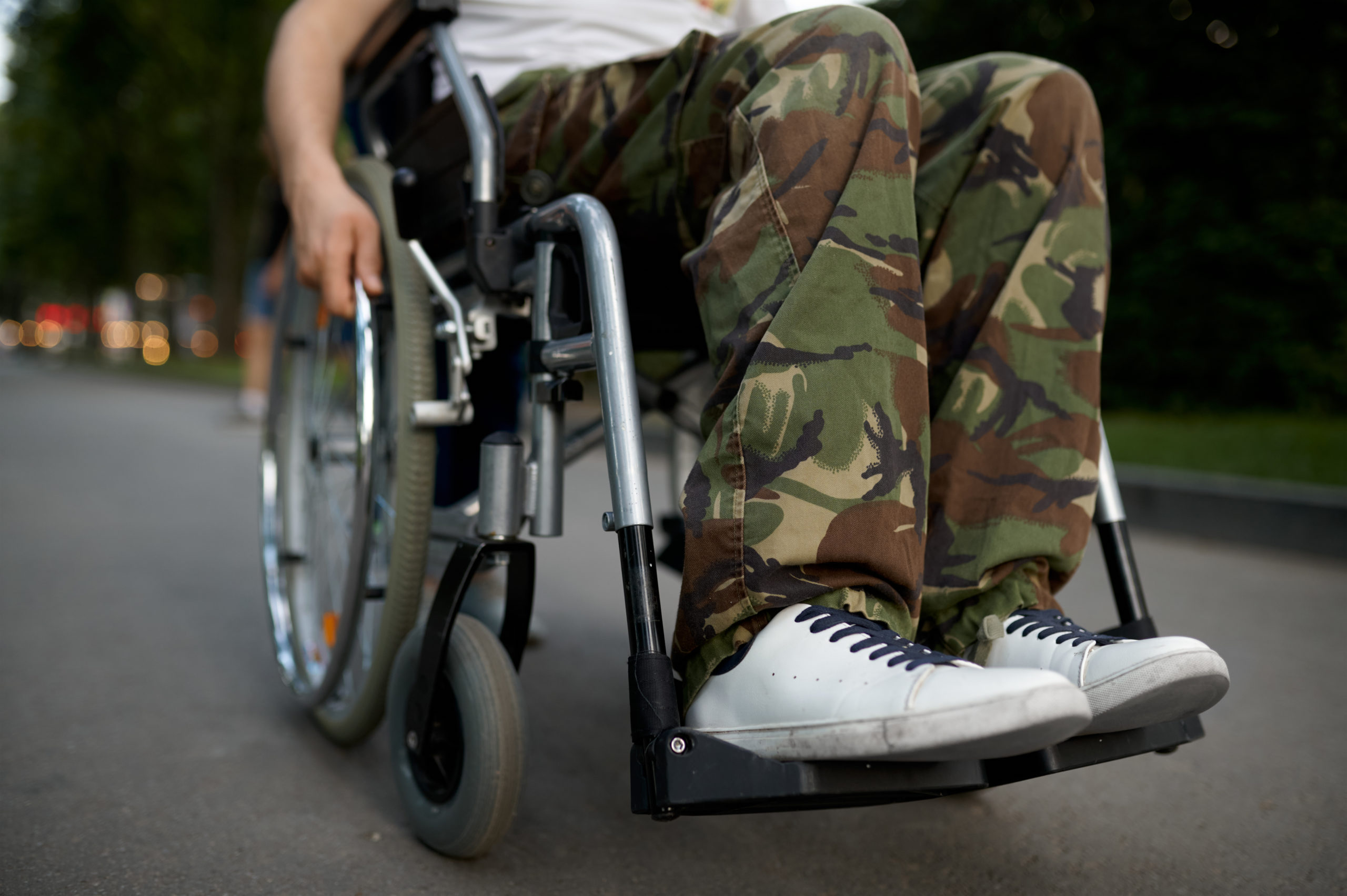WHODAS 2.0 vs. GAF Scores and Your VA Disability Rating
Posted by Gregory M. Rada | July 06, 2022 | Disability Compensation
Service members may suffer from a variety of mental health problems following their time in the military. Veterans might experience mental illnesses such as PTSD, anxiety, anger and irritability, panic attacks, depression, and memory loss, which can affect the daily life and well-being of a veteran.
While physical illnesses are generally easy to evaluate, symptoms of mental diseases are often invisible and may be difficult to characterize.
WHODAS 2.0 vs. GAF Scores
Prior to 2014, the VA had used the Global Assessment of Functioning (GAF) Scale to subjectively evaluate a veteran’s overall psychological, social, and occupational functioning. Then, the GAF Scale was replaced by a system known as WHODAS 2.0. WHODAS 2.0 is the new rating standard of the American Psychiatric Association (APA).
What is a Global Assessment of Functioning (GAF) Score?
A GAF score is an assessment tool used to assess how much an individual’s psychological symptoms affect their daily life. The GAF is a numerical assessment that employs a scale of 1 to 100. A score of 100 describes an individual who has superior overall functioning in a wide range of activities. At the lower end of the scale, a score of 1–10 describes an individual who is so severely disabled that he or she is in persistent danger of hurting himself or herself and others.
The GAF scale first appeared in the 1980s in the APA’s Diagnostic Statistical Manual of Mental Disorders (DSM), Third Edition Revised. In 2013, the Fifth Edition of the DSM removed the GAF scale because according to the APA, the GAF scale suffered from “conceptual lack of clarity (i.e., including symptoms, suicide risk, and disabilities in its descriptors) and questionable psychometrics in routine practice.”
Based on the removal of the GAF scale in the DSM-5, the U.S. Court of Appeals for Veterans Claims has held that ” the Board errs when it uses GAF scores to assign a psychiatric rating in cases where the DSM-5 applies.” Golden v. Shulkin, 29 Vet. App. 221, 225 (2018).
What is WHODAS 2.0?
WHODAS 2.0 stands for World Health Organization Disability Assessment Schedule 2 (WHODAS 2.0). It is a 36-item questionnaire that helps assess mental health symptoms.
The questionnaire is a generic one, assessing difficulties due to any number of diseases, illnesses, or injuries, mental or emotional issues, or problems with alcohol or drugs. The questions assess functioning in six areas: “Understanding and Communicating,” “Getting Around,” “Self-care,” “Getting Along with People,” “Life Activities” (i.e., work, school, and household activities), and “Participation in Society.”
The answers to the questionnaire are scored on a 5 point scale as to impairment (“none,” “mild,” “moderate,” “severe,” and “extreme or cannot do”) and converted into a metric ranging from 0 to 100 (where 0 = no disability; 100 = full disability). The clinician is supposed to score self-reported answers, but then is free to alter the score based on their assessment after clinical interview and review of any other information.
Getting Compensated for Mental Health Conditions
Determining the severity of your mental health problem is very important because the severity of your condition determines the rating assigned by VA which determines the amount of compensation you receive. In general, the VA is most concerned with how your mental health condition impacts your occupational functioning and your social functioning, with more of an emphasis on impairment to occupational functioning.
Who I Am
Gregory M. Rada at After Service LLC is a veteran for the veterans. He served in the Air Force but is now an attorney with thorough knowledge and years of experience representing veterans in the VA disability claims and appeals process.
I can help ensure that you receive the appropriate compensation for any injuries, physical or mental, you sustained during military service. For more information on how I can help, contact me today.








